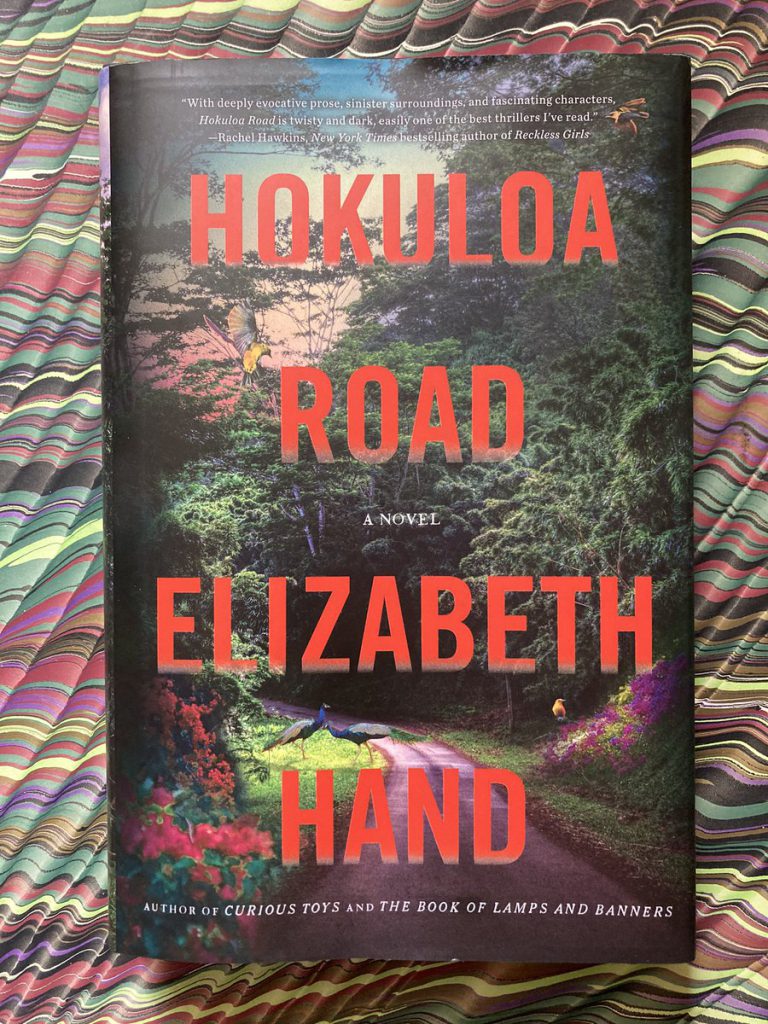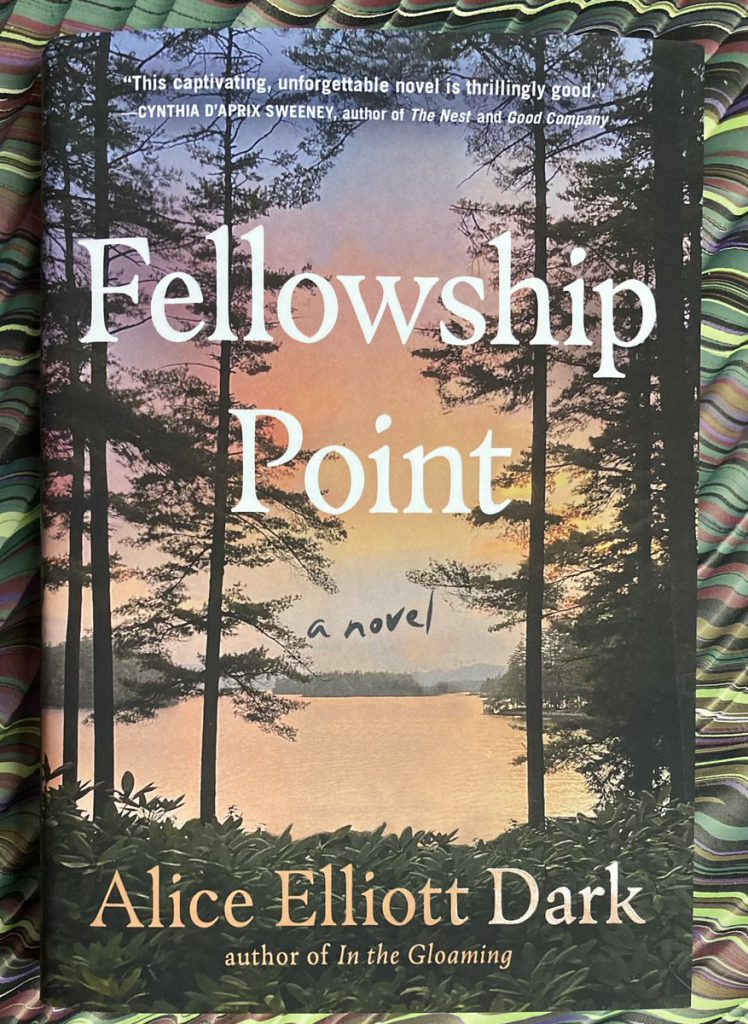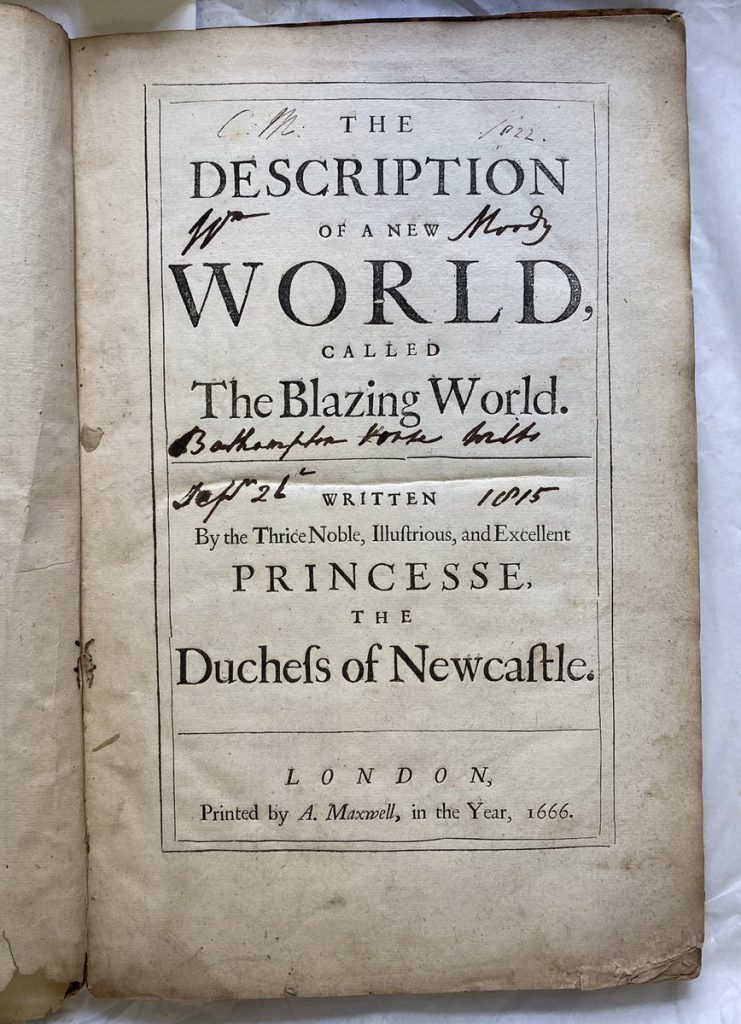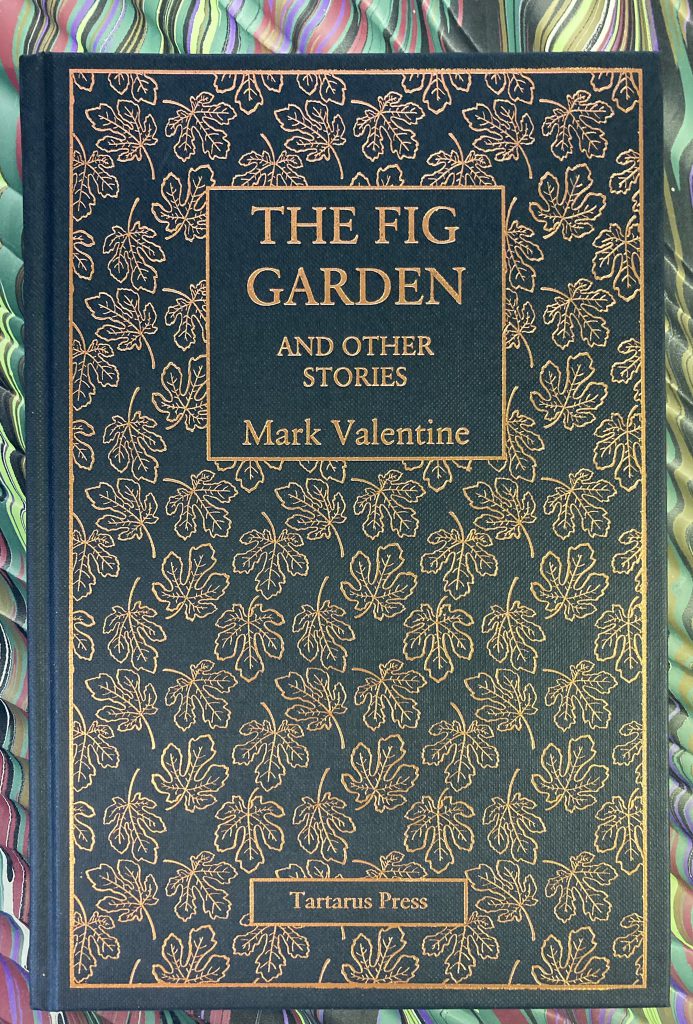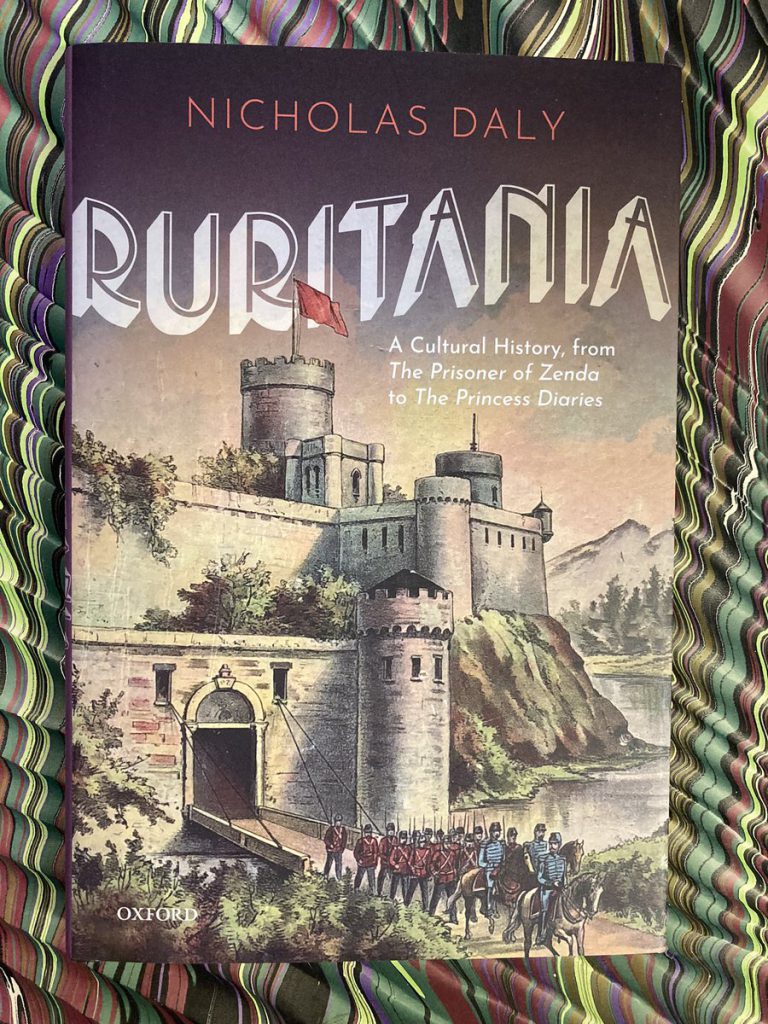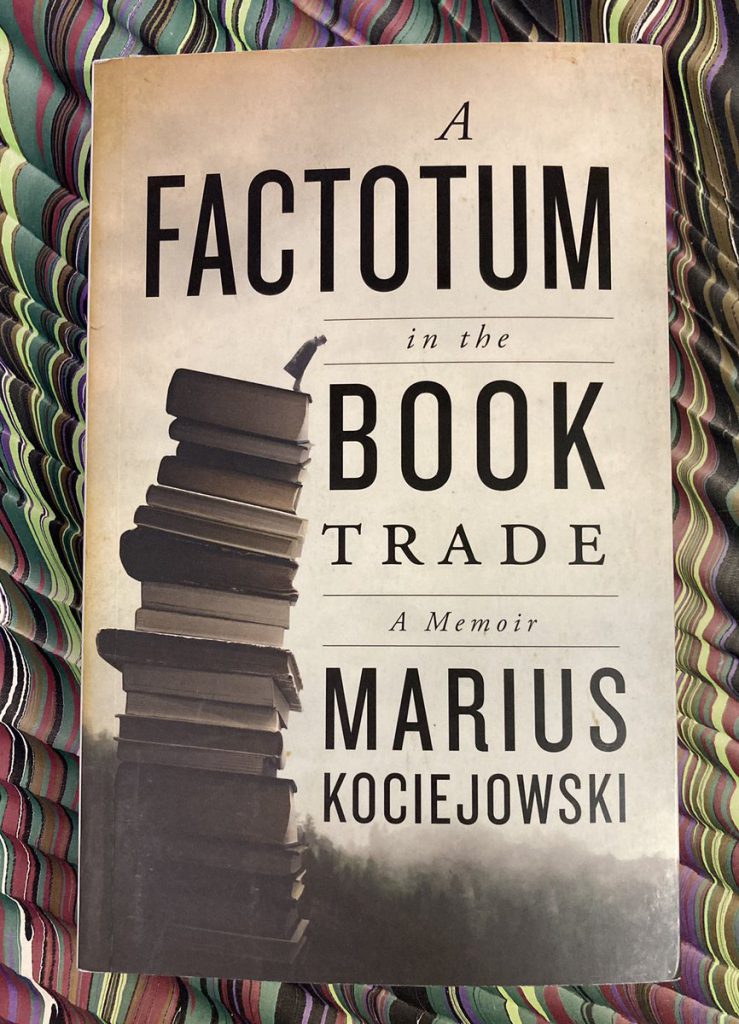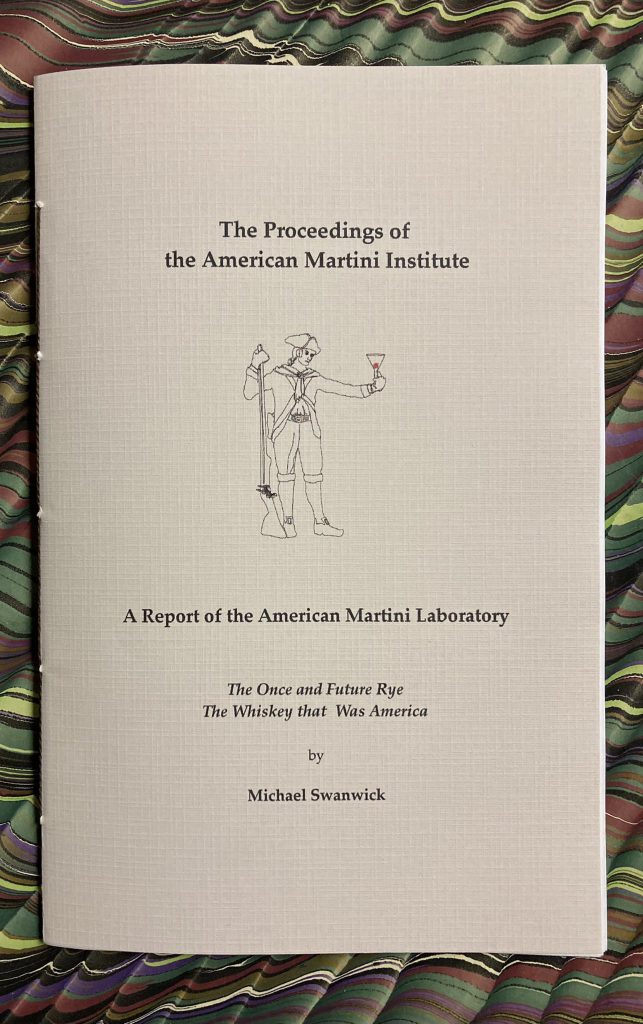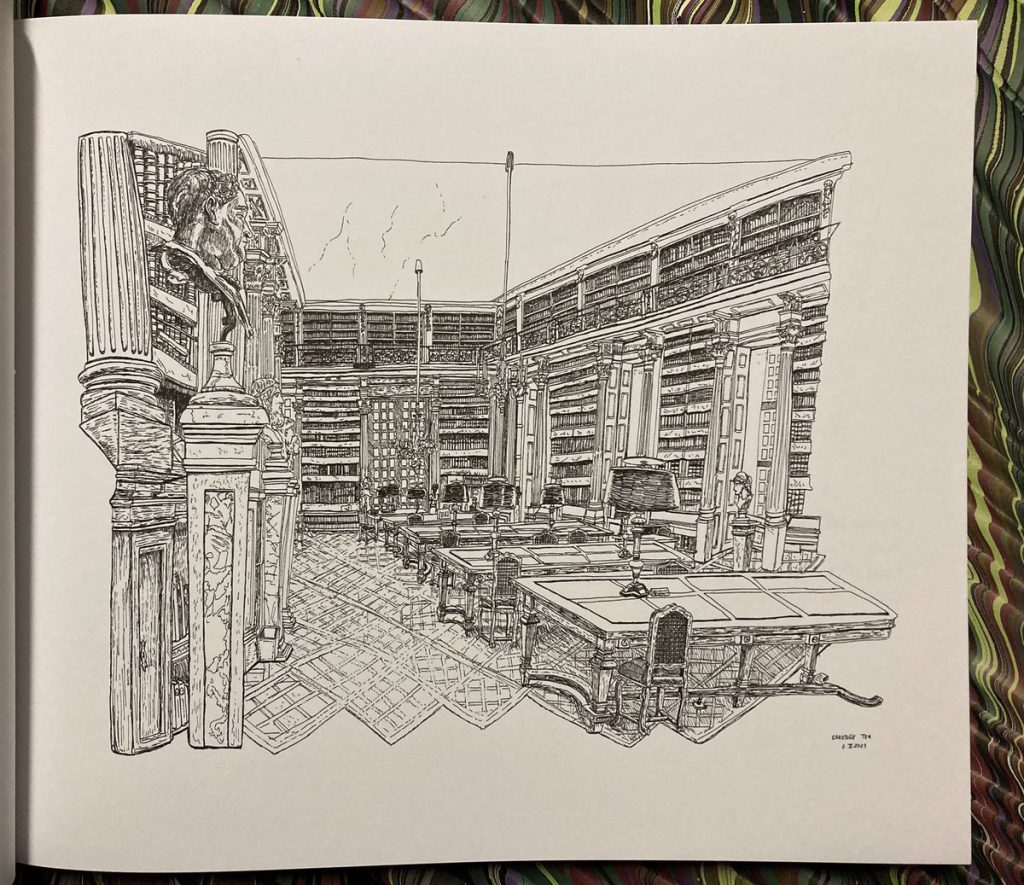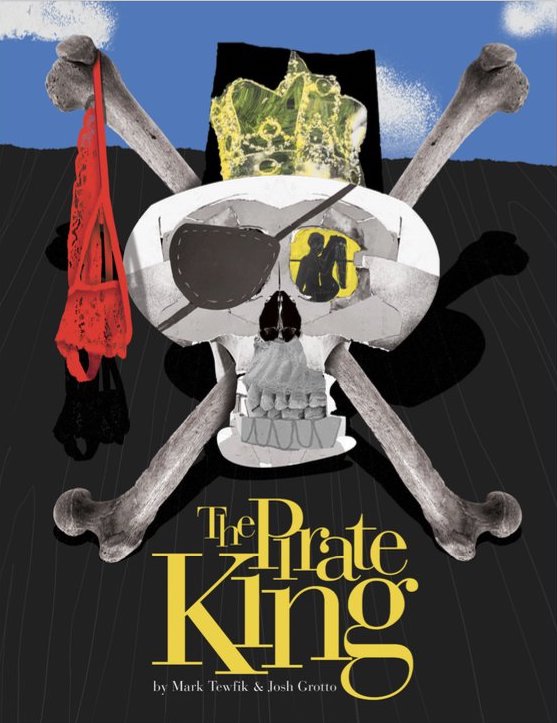— Charlotte Brontë. A Book of Ryhmes. [Introduction by Patti Smith.] Brontë Parsonage Museum / Tartarus Press, [2025].
Photographs and transcription of the small book of poems written by Charlotte Bronte October to December 1829. Samantha Ellis in the TLS : “it is amazing to read a young writer loudly, exultingly, exploring her ideas on the page.” [Also includes “Charlotte Brontë’s ‘Blue Profound’” by Barbara Heritage, and my essay, Travelling with Charlotte.]
— Brendan C. Byrne. Another World Isn’t Possible. Stories. [Melbourne :] Wanton Sun, [2025].
Dark, tricky, and often formally innovative stories from the hybrid digital interface of present and future, including “a Stone and a Cloud”, about two perilously immersive video games ; the oh so deftly choreographed bar room encounter of “There Is No Comte de St. Germain for I Am He” ; “reviews” of nonexistent stories ; tales of artists making art in media that may someday exist ; and the surprisingly touching arc of “The Ideal and the Actual”.
“Ruthlessly hip, transreal surreal. Worth your time.” — Rudy Rucker
Available in U.SA. from Barnes & Noble or bookshop.org.
— Tom La Farge. THE CRIMSON BEARS [and] A HUNDRED DOORS. [Introduction by Wendy Walker.] Tough Poets Press, [2025].
This is delightful news ! This two-part novel of talking animals of all kinds (only the human animal is irrelevant and absent) was first published by Sun & Moon in 1993 and 1995. Its cult readership included your correspondent and Austin mage Don Webb who each discovered the work independent of the other.
Tom La Farge was a very tricky writer whose erudition was never ostentatious. Wendy Walker knew the book from its origins as bedtime story and illustrated letters for Tom’s son Paul La Farge, who grew up to be a novelist ; her introduction is deeply personal and touching and also charts the many layers on which Tom was playing with words. Glimpses of the earliest manuscript adorn the inside of the covers.
READ THIS BOOK, you won‘t regret it.
— 100 Years 100 Voices. The Chapin Library. [Edited by Anne Peale. Photography by Nicole Neenan]. Williams College, [2025]. A beautiful and richly illustrated celebratory catalogue, presenting selected items from the Chapin Library at Williams College, established with gifts from Alfred C. Chapin in 1923. This is an important publication, a concise and compelling testimony about why books and libraries are central to education.
— Patti Smith. Bread of Angels. Random House, [2025]. Excellent and touching memoir of a rock ’n’ roll heroine, a great artist, uncompromising in matters of language ; and what a reader.
— Mark Valentine. Borderlands and Otherworlds. Tartarus Press, [2025].
Collection of 32 essays on books and reading, with an emphasis on the fantastic and supernatural in the interwar years and into the 1950s. The hardcover edition sold out, but it is now available in paperback.
— —. The Uncertainty of All Earthly Things. Tartarus Press, [2025].
New edition, expanded from the 2018 Zagava printing, with nine additional stories and vignettes. Includes “Vain Shadows Flee”, which was included in Best British Short Stories 2016.
— Michael Zinman. The Critical Mess. 2025. [Distributed by Temporary Culture].
I was involved in its production, yes, but it is really one of the most original books to appear this year.
— — —


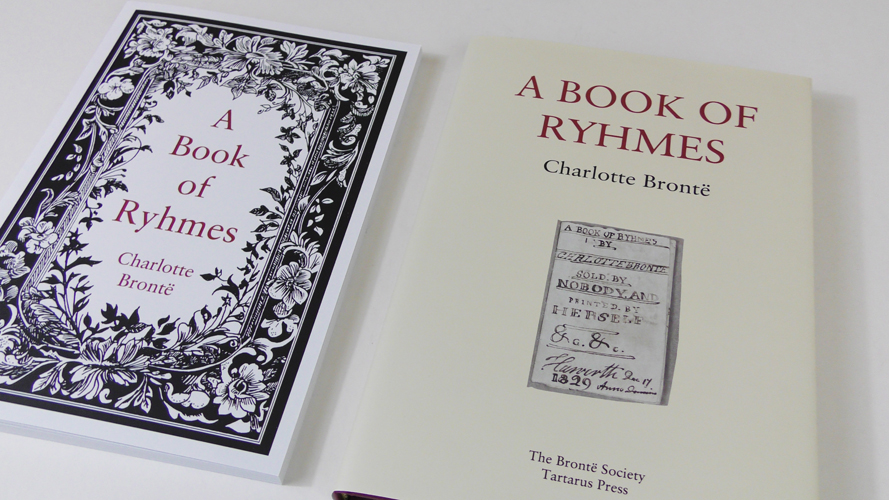
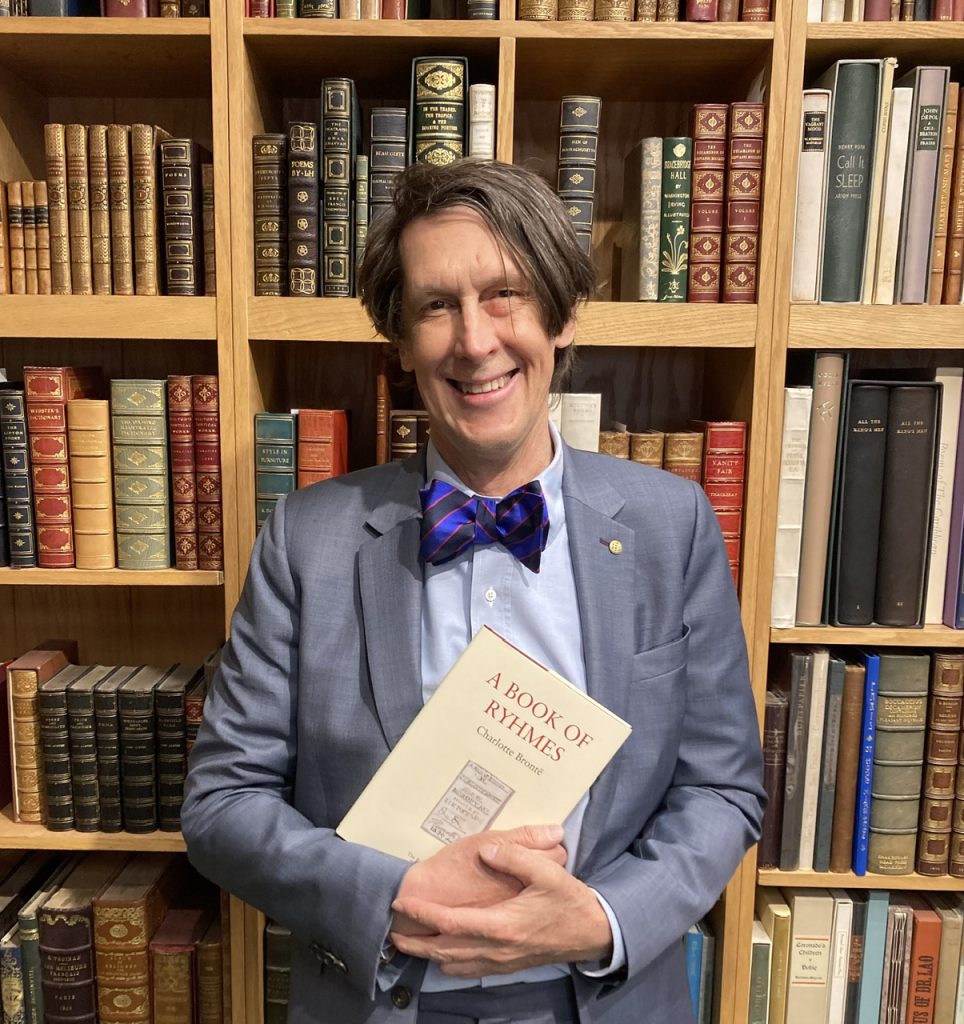
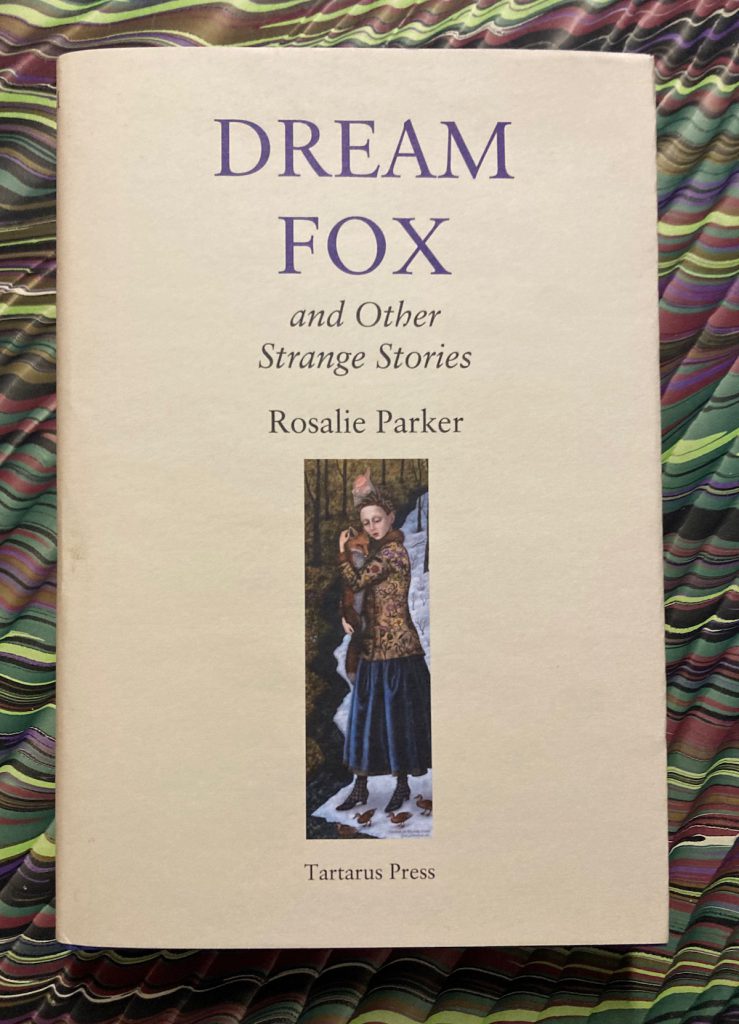
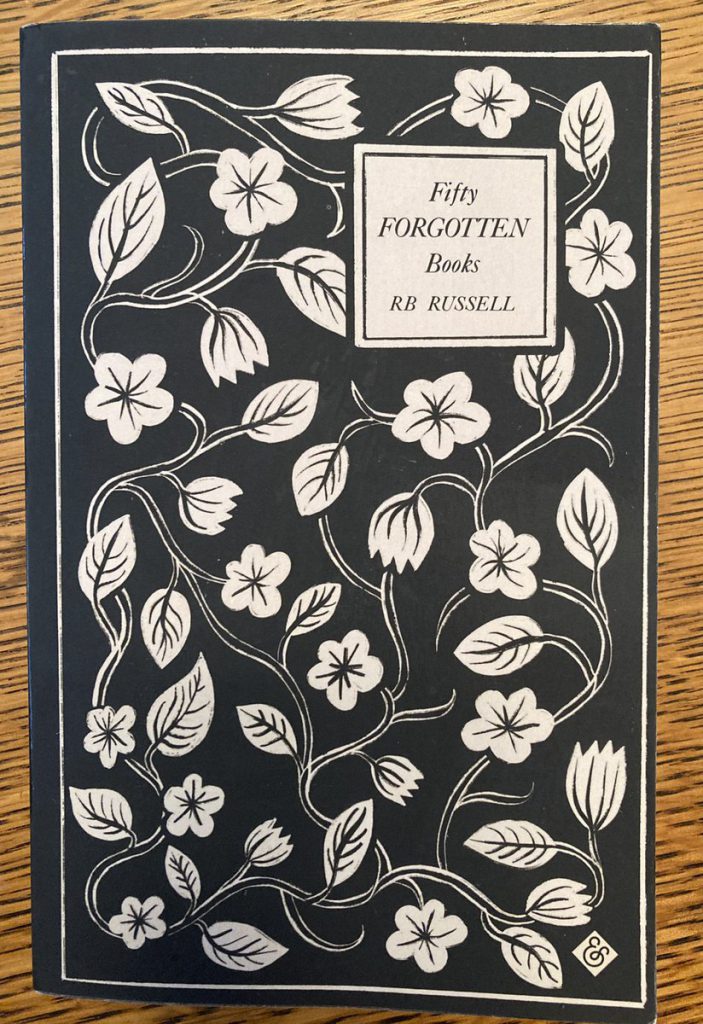
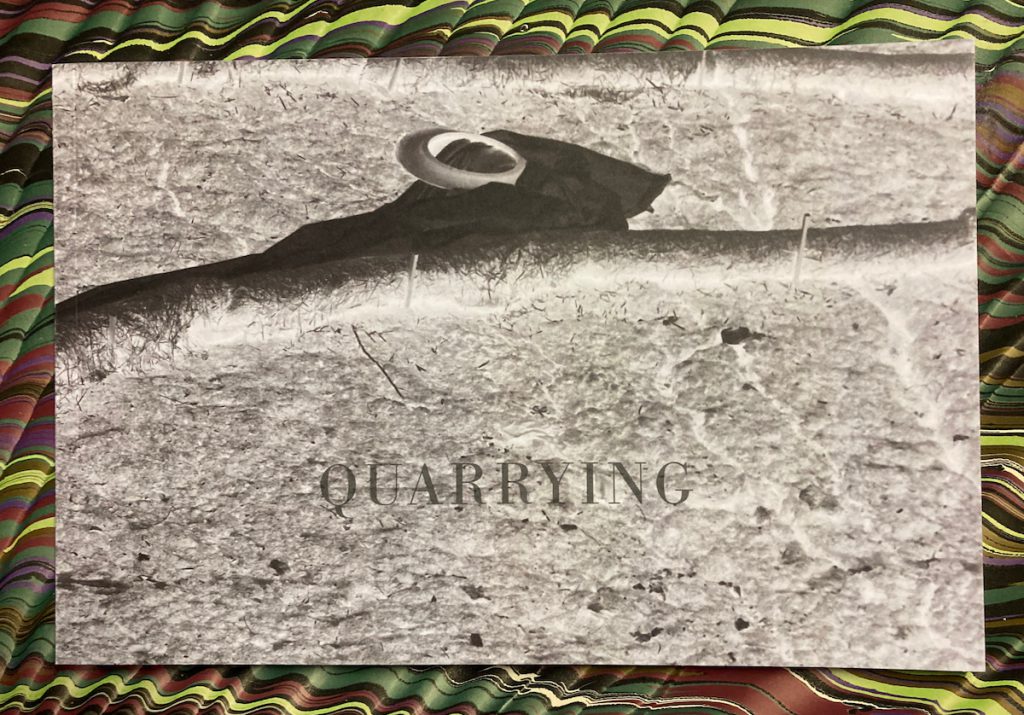
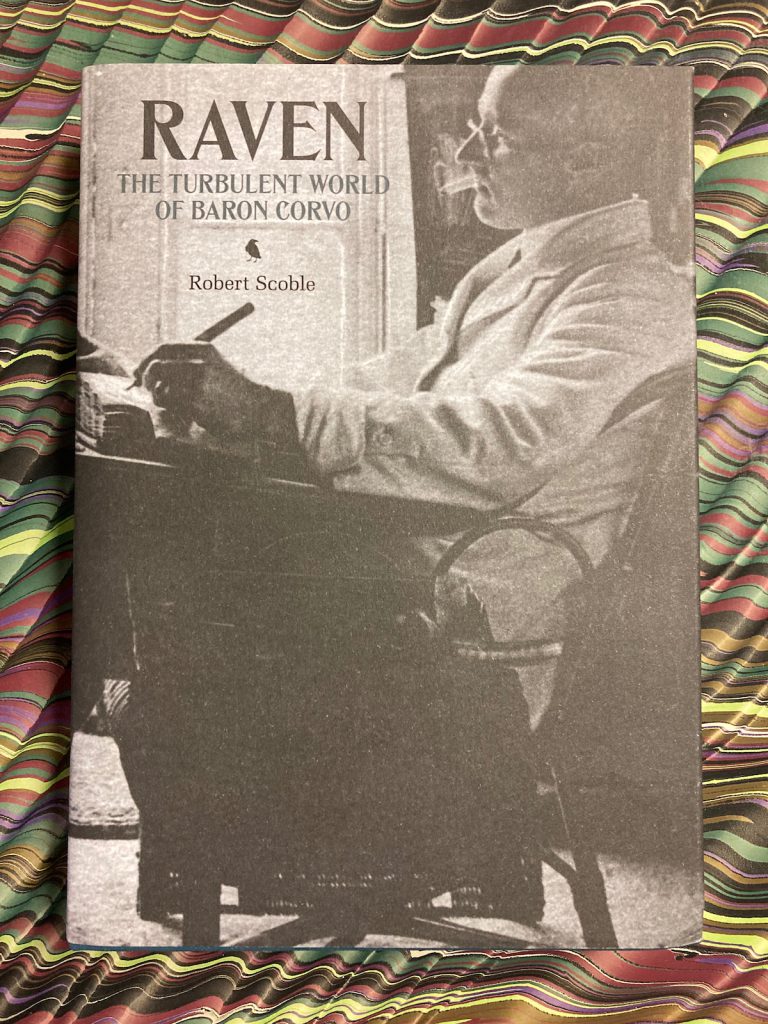
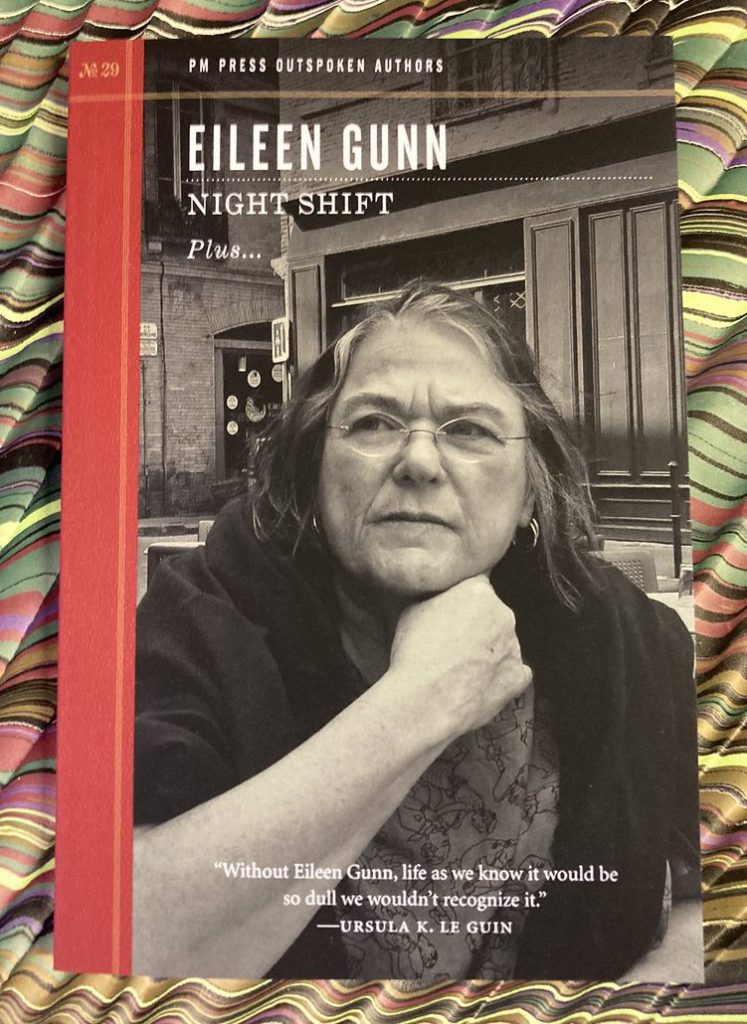
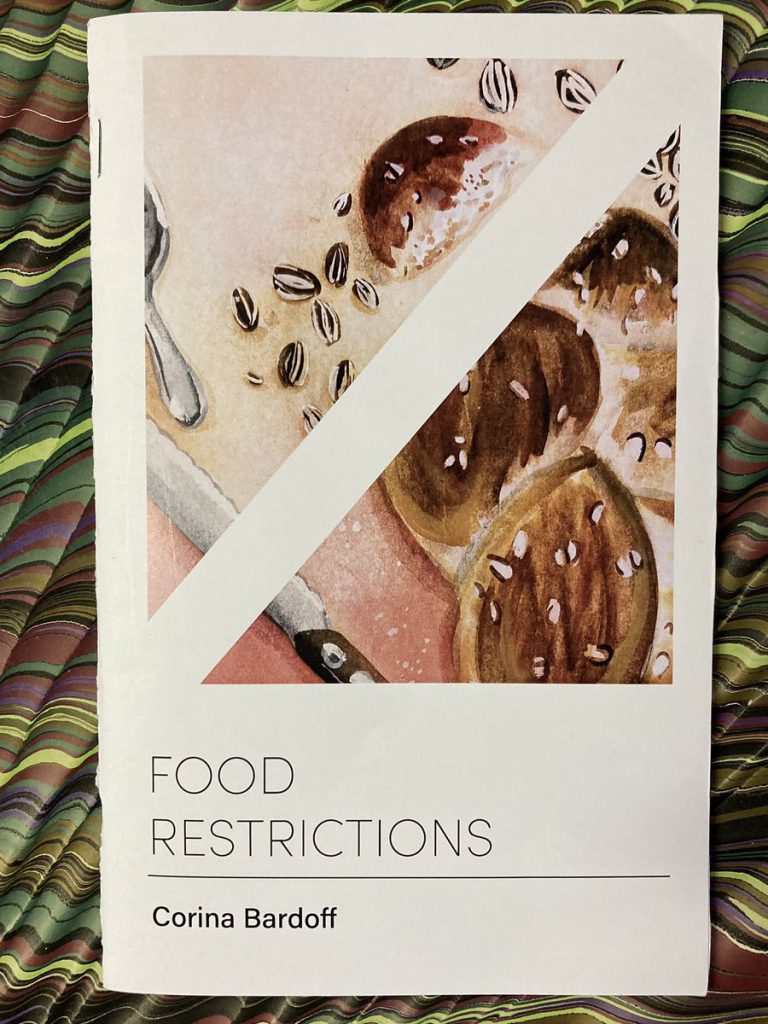 —
— 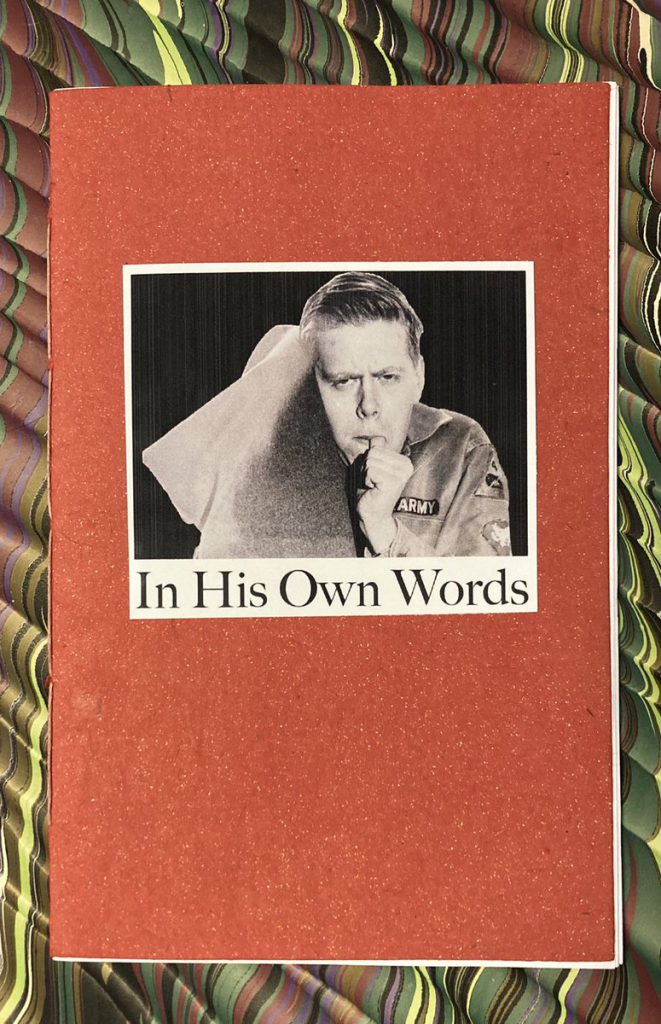 — Michael Swanwick and Gardner Dozois. In His Own Words. Dragonstairs, [2022]. Edition of 60 copies.
— Michael Swanwick and Gardner Dozois. In His Own Words. Dragonstairs, [2022]. Edition of 60 copies.